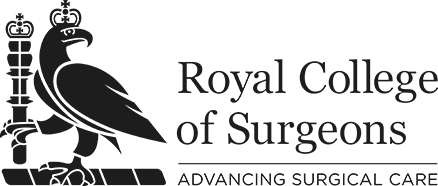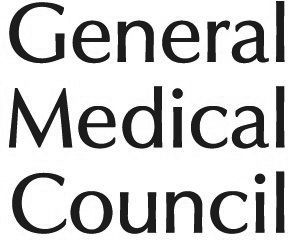Mr Habib Khan, Consultant Cardiothoracic Surgeon
Mr Habib Khan
Consultant Cardiothoracic Surgeon
Mr Habib Khan MBBS MRCS FRCS (CTh)
Consultant Cardiothoracic Surgeon
Mr Habib Khan
Consultant Cardiothoracic Surgeon MBBS MRCS FRCS (CTh)


Areas of expertise
- Aortic root replacement
- Aortic valve replacement
- Arterial revascularisation
- Coronary artery bypass graft surgery
- Heart valve disease



About Mr Habib Khan
GMC number: 6041568
Year qualified: 1999
Place of primary qualification: University of Karachi
Mr Habib Khan is a Consultant Cardiac Surgeon at Kings College Hospital, specialising in heart valve disease and arterial revascularisation. He completed his basic surgical training before advancing to cardiothoracic surgery within the London Deanery. Throughout his training, Mr Khan gained extensive experience in complex aortic procedures, including thoracic aortic surgery, and mitral valve procedures.
Mr Khan has a particular interest in minimally invasive valve surgery, which he frequently incorporates into his practice. Since his appointment as a Consultant, he has pioneered and developed the minimally invasive conduit harvesting programme at Kings College Hospital.
In addition to his clinical work, Mr Khan is actively involved in research. He has published over 50 peer-reviewed articles and has presented his findings at both national and international conferences.
Outside of his professional commitments, Mr Khan is an avid sportsman who enjoys playing tennis and swimming.
Procedures Performed
- Coronary artery bypass graft surgery
- Aortic valve replacement
- Aortic root replacement
- Mitral valve surgery
- Ascending aorta replacement
- Surgery for atrial fibrillation
- Surgery for cardiac tumours
- Acute aortic dissections
- Minimally invasive valve surgery
Mr Khan's dedication to both his patients and his field is evident in his ongoing commitment to surgical excellence and innovation.
Areas of expertise
- Acute aortic dissections
- Aortic root replacement
- Aortic valve replacement
- Arterial revascularisation
- Ascending aorta replacement
- Coronary artery bypass graft surgery
- Coronary artery surgery
- Heart bypass surgery
- Heart valve disease
- Minimally invasive heart surgery
- Minimally invasive valve surgery
- Mitral valve surgery
- Surgery for atrial fibrillation
- Surgery for cardiac tumours
Professional memberships




Articles by Mr Habib Khan
Implantable Cardioverter Defibrillators in Octogenarians - An appeal for a Randomized Clinical Trial.
A simple maneuver to determine if septal accessory pathway ablation requires a left atrial approach.
Safety of Lead Repair Compared to Lead Revision for Visible Lead Insulation Defects in Patients With Cardiac Implantable Electronic Devices.
Hemodynamically Tolerated Ventricular Tachycardia With Mildly Impaired Ejection Fraction: Do These Patients Have VT/VF Recurrence and ICD Therapies?
Efficacy and safety of supraclavicular and pectoralis nerve blocks as primary peri-procedural analgesia for cardiac electronic device implantation: A pilot study.
Magnetic Resonance Left Ventricle Mass-Index/Fibrosis: Long-Term Predictors for Ventricular Arrhythmia in Hypertrophic Cardiomyopathy-A Retrospective Registry.







